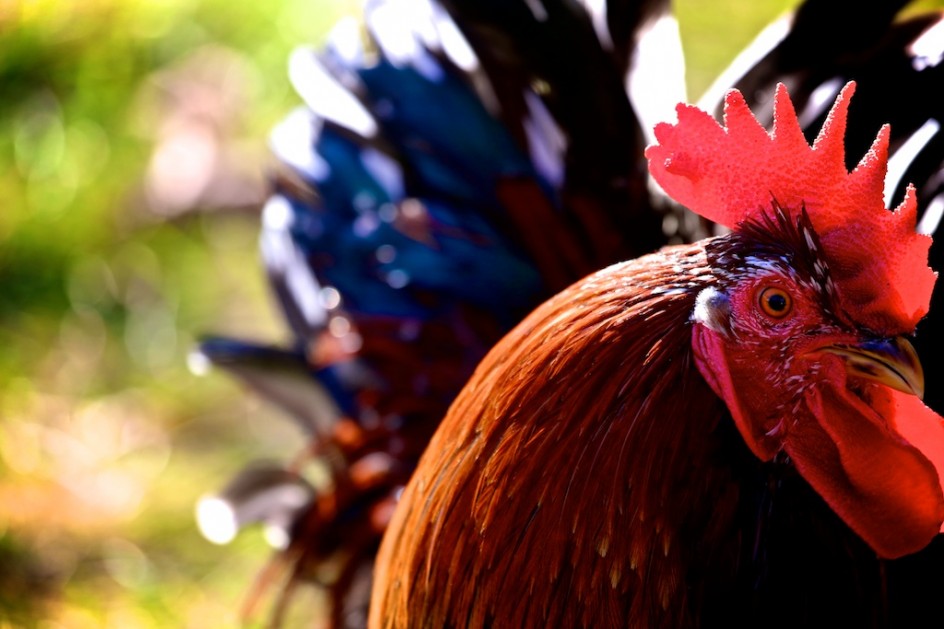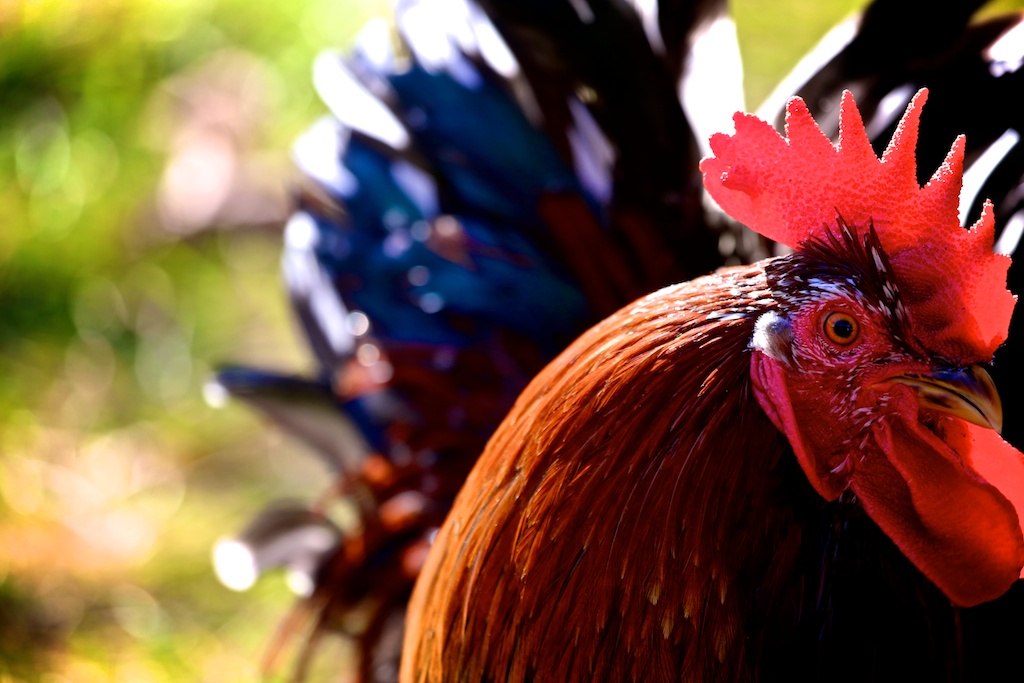
“The Life Of Pi” was a magical book by Yann Martel, and it has just been released as a movie. It chronicles the fantabulistic journey of a young boy, Pi Patel, the son of a zookeeper, who is shipwrecked and alone in a boat with a hyena, an orangutan, a wounded zebra, and a Bengal Tiger named Richard Parker. Soon enough, the tiger has dispatched all but Pi, who manages to stay alive until the boat reaches Mexico, where Richard Parker flees into the jungle.
Like anyone who writes about the real lives of animals, the producers are catching it from people who are shocked by the gore and violence in the lives of these animals on this mystical journey and in this story, and the writer has gone to great pains in interviews to explain that we need to accept the true nature of animals and not romanticize their lives. On a different scale, this is familiar territory to me, and I recognize this message both as being true and as something a growing number of people who call themselves animal lovers do not wish to hear.
I went to some pains writing my short story collection “Dancing Dogs” to end my stories happily and to celebrate the love of people and animals and yet on the book tour I often found myself explaining, sometimes defensively, that in the real lives of real animals, they sometimes die, and sad and violent things happen all the time in their lives and it is important if we love animals to see them as they are, not as an emotionalized version of them as without hard times and dark sides. Many people do not wish to hear this or read about it.
In America, there is a widening schism between people who live with animals – cows, donkeys, sheep, pigs, horses – and people who live with pets and who increasingly see these animals as nobler-than-human emotionalized beings whose lives are all about love and connection, or struggles with cruelty, mistreatment and abuse. In this world, we are so pre-ocuppied with the mistreatment of animals that we miss the reality and lessons of their lives. Increasingly, our love for them is measured by the degrees in which we offer them perfect lives as is befitting their helpless and idealized selves. It just makes us feel good in this complex world.
If you live with animals for awhile, there is inevitably a more nuanced view. Animals will abandon one another for food, feast one one another’s dead bodies, turn on their humans and on the weak and sick members of their species, and are preyed upon all of the time by other animals who had not read their press clippings.
I got a healthy dose of this again through my donkey Simon, taken by the police from a farm where he was severely neglected and into my life, where I write about him as a cute and loving and idiosyncratic creature, the stuff of fables and happy stories. This if course is the way I saw him and needed to see him, the part of him that connected to the broken parts of me, at least in my mind. Simon is all those good things, but as we learned when we moved to the farm, he is also an animal, acting out of often savage and ruthless instinct. It was a shock to me to see him charge at old blind Rocky and nearly drive him through a fence. At one point, I actually talked to him and pleaded with him to leave Rocky alone, he was no threat, causing no harm. Simon looked at me, took a cookie and turned and tried to bite Rocky on the neck. He was not in this conversation.
The death of Rocky shocked a lot of other people besides me and Maria, and I get messages every day expressing resentment and disappointment at Simon for acting like an animal, instead of the cute little rescue tyke we all liked to think of him as being. And at me for not finding a way – any way – to keep Rocky alive. I know better than to romanticize animals, even though I often slip into it, and was reminded of the reality forcefully as Rocky quickly deteriorated and was euthanized. Many people told me this decision was so unacceptable to them that they could no longer read my books or follow my blog. Clearly, I was supposed to protect Rocky from life. Ironic, too, given that Rocky would have been long dead in the wild, and that he might be doing precisely the same thing to Simon, had their roles and health been reversed.
This often happens in my world – the old sheep, roosters that are shot, the death of Orson, sending Elvis to slaughter, the death of Rocky. Animals have been so emotionalized that their real lives are a shock, even an outrage to many people. I write about these animals, then veer off the script when there’s trouble.
I am often urged by people when I write about this to remember that many animals are mistreated and abused and lately I have responded by saying what I need to remember is that many animals are not mistreated and abused, that is not their only story. And also to remember, as Yann Martel reminded us so brilliantly, that those of us who love animals and are advocates for them must work to respect their true nature. Unlike animals, humans have a conscience and can work to improve themselves, to change and learn and grow. The world of animals is cruel and violent and without remorse or conscience. No honest writer, photographer or artist – or true animal lover – can or should hide from that and if we really wish to protect these wondrous spirits and live with them, we need to know the truth about them.
Animals suffer greatly over our tendency to romanticize and emotionalize their lives. They die of overfeeding, are poorly trained, are diminished and patronized as piteous and dependent beings, confined in crates for life, and are slaughtered in mass for behavioral problems that occur from our misunderstanding their true nature. For me, seeing and writing about the real lives of animals is both love and advocacy.
For our lives are no more perfect than the animals. How can we understand ourselves if we relentlessly distort the reality of them?
We are capable of anger, violence, greed and great selfishness, but unlike animals, we can strive to be better. Some of the most important lessons I have learned about myself in life is to love them as they are, not as I might wish them to be. There are many reasons to love animals and treat them well. For me, the most powerful in that they can help us be better humans.

